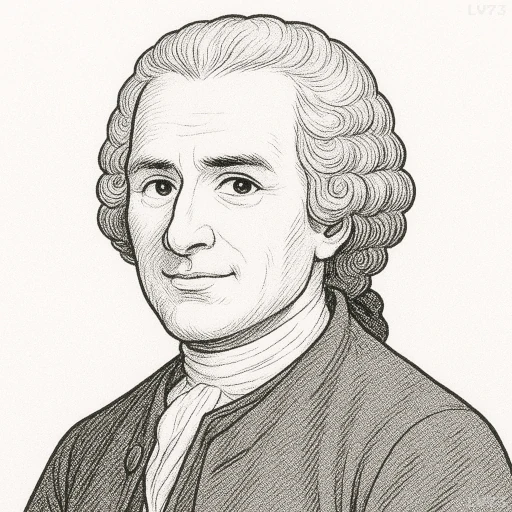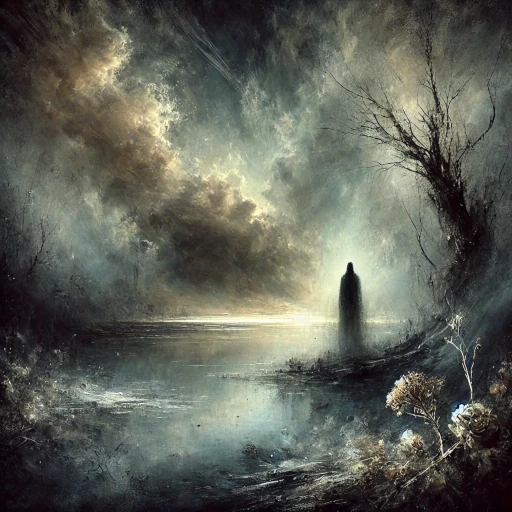“No true believer could be intolerant or a persecutor. If I were a magistrate and the law carried the death penalty against atheists, I would begin by sending to the stake whoever denounced another.”

- June 28, 1712 – July 2, 1778
- Born in Geneva
- Philosopher, political philosopher, writer, composer
table of contents
Quote
“No true believer could be intolerant or a persecutor. If I were a magistrate and the law carried the death penalty against atheists, I would begin by sending to the stake whoever denounced another.”
Explanation
In this quote, Jean-Jacques Rousseau highlights a paradox that he sees in religious intolerance, particularly in the context of persecution. He asserts that true believers, in any faith, should be fundamentally tolerant and compassionate, as true faith would not support harm or persecution of others. He goes further, ironically stating that if he were a magistrate who had to enforce a law that sentenced atheists to death, he would begin by punishing those who accuse others of heresy or atheism, pointing out that denunciation—a key tactic in religious persecution—often stems from intolerance and the desire to control others’ beliefs. Rousseau is underscoring that moral integrity and tolerance should come before rigid enforcement of laws, particularly those that involve harm to others.
Historically, Rousseau was deeply critical of the way religion and society often used religious authority to justify violence and injustice, especially in the form of persecution of those who held different beliefs. During Rousseau’s time, religious intolerance was widespread, and many people were persecuted or executed for not conforming to the dominant religious beliefs. This quote is part of Rousseau’s broader critique of institutional religion and its use to control and oppress others, which is at odds with the true spirit of faith that should embody compassion and tolerance.
In modern times, this quote remains relevant when discussing the importance of religious freedom and tolerance. In many parts of the world, individuals still face persecution or violence for their beliefs, whether they be atheists, minority religions, or those who express differing spiritual views. Rousseau’s words challenge us to reflect on the true nature of belief and faith—that genuine faith should encourage tolerance, understanding, and respect for others, not persecution or violence. It serves as a reminder that intolerance is often rooted in power and fear, rather than the true principles of faith.
Would you like to share your impressions or related stories about this quote in the comments section?




